Page 23 • (12,468 results in 0.034 seconds)
-
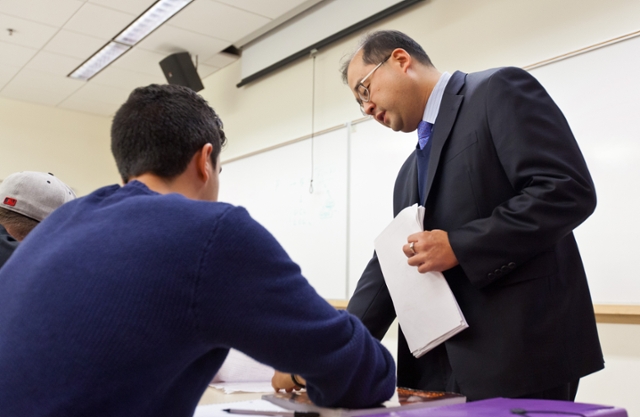
Assistant Professor Brian Maeng works with a student in class. Maeng teaches Operations Management and Management Information Systems at Pacific Lutheran University. (Photo by John Froschauer) PLU’s School of Business ranked as one of the best in the U.S. Pacific Lutheran University’s School of Business…
October 11, 2013 Assistant Professor Brian Maeng works with a student in class. Maeng teaches Operations Management and Management Information Systems at Pacific Lutheran University. (Photo by John Froschauer) PLU’s School of Business ranked as one of the best in the U.S. Pacific Lutheran University’s School of Business is one of the nation’s most outstanding business schools, according to The Princeton Review. The company features the school in the new 2014 edition of its book, The Best 295
-
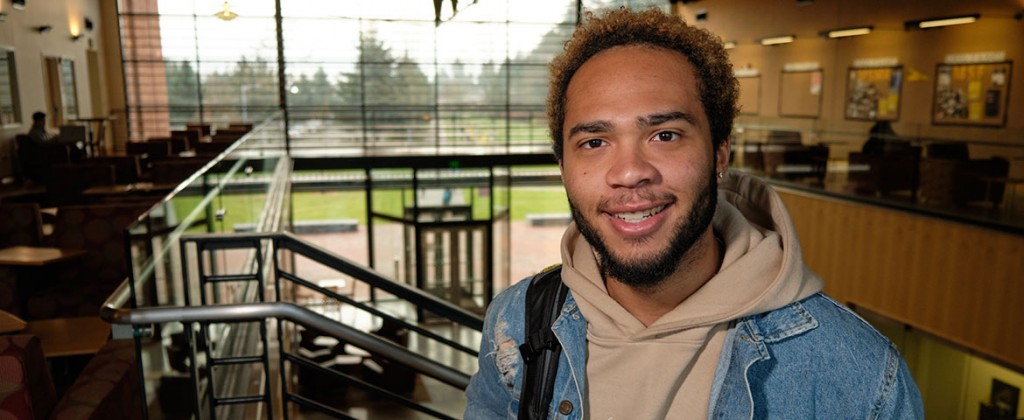
To catch Josh Wallace, you’ll have to call him — and he’ll probably be on the move when you do so. The busy MBA student is juggling school classes, his job as a marketing intern… and a starring role in The Fern Shakespeare Company’s “Othello,”…
Josh Wallace: The Art of Business, The Business of Art Posted by: Zach Powers / November 25, 2019 Image: PLU alumnus and current MBA student Josh Wallace in the Morken Center for Learning and Technology. (Photos by John Froschauer/PLU) November 25, 2019 By Lora ShinnGuest Writer for Marketing & CommunicationsTo catch Josh Wallace, you’ll have to call him — and he’ll probably be on the move when you do so. The busy MBA student is juggling school classes, his job as a marketing intern… and a
-

Following a competitive national search, Pacific Lutheran University officials have announced that Rhoberta Haley, Ph.D., R.N., will serve as the dean of the university’s School of Nursing. “We are extremely excited to be joined by Dr. Rhoberta Haley given her leadership and more than three…
Rhoberta Haley appointed as dean of PLU School of Nursing Posted by: mhines / February 5, 2024 Image: PLU announces new Dean of Nursing Rhoberta Haley. (PLU Photo / Sy Bean) February 5, 2024 By MacKenzie HinesPLU Marketing and Communication Following a competitive national search, Pacific Lutheran University officials have announced that Rhoberta Haley, Ph.D., R.N., will serve as the dean of the university’s School of Nursing. “We are extremely excited to be joined by Dr. Rhoberta Haley given
-
D.N.P. Program for B.S.N. (Prepared Registered Nurses) The Doctor of Nursing Practice program is designed for nurses seeking a terminal degree at the highest level of nursing practice.
disorders; somatic symptoms and related disorders; and sexual, gender, and paraphilic disorders. The role and scope of advanced psychiatric nursing practice is expanded from what is covered in PMHNP I to include forensic mental health care. Prerequisite: NURS 653. (7) (Didactic 3 credits, lab/seminar 1 credit, clinical 3 credits) (180 hours clinical) NURS 655 : PMHNP III: Psychotherapies Across the Lifespan Examines methods and major conceptual frameworks of group and family psychotherapy. Group
-

Two years ago, the Wang Symposium explored the phenomenon of political and societal polarization, and its effect on our world. This year, the 10th Biennial Wang Symposium comes full circle, with a focus on “Healing: Pathways for Restoration and Renewal.” “Even as I was planning…
the experiences of women of color. PLU alum Dawn Alger ’95, a San Juan Island-based nurse and gender-diverse patient advocate, joins her transgender son, Rigby Alger ’19, in “A Mother and Son’s Healing Journey through Gender Transformation.” Award-winning filmmaker and professor at The Evergreen State College, Gilda Shepperd, discusses her documentary “Since I Been Down” that focuses on the role education plays in resilience and healing for people behind bars.10th Biennial Wang SymposiumHealing
-
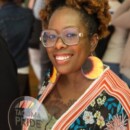
Angie Hambrick, Resident Instructor of Gender, Sexuality and Race Studies | Gender, Sexuality, and Race Studies | hambriaz@plu.edu | 253-535-8180
Angie Hambrick Angie Hambrick, Resident Instructor of Gender, Sexuality and Race Studies Phone: 253-535-8180 Email: hambriaz@plu.edu Professional Additional Titles/Roles Associate Vice President - Diversity, Justice, and Sustainability Education Ph.D,, Higher Education, Azusa Pacific University, 2020 M.S.Ed., College Student Personnel, Southern Illinois University, Carbondale, 2004 B.A., Public Communication, University of Wisconsin - Eau Claire, 2003 Areas of Emphasis or Expertise Critical
-
Amy Young and Justin Eckstein published two pieces in the February 2015 edition of Communication & Critical/Cultural studies, one of the top journals in the communication field, and the articles are quite tasty. The duo has put together a special forum on rhetoric and food.…
Director of Forensics for PLU’s storied speech and debate team, the T.O.H. Karl Forensics Forum. He teaches Applied Research, Argumentation & Advocacy, Introduction to Communication, and Gender & Communication. Dr. Eckstein’s research explores the new democratic challenges and opportunities facing a networked culture. His work has appeared in The Quarterly Journal of Speech, The Journal of Argumentation in Context, Argumentation & Advocacy, and Relevant Rhetoric.Learn More Read Previous Did you know
-
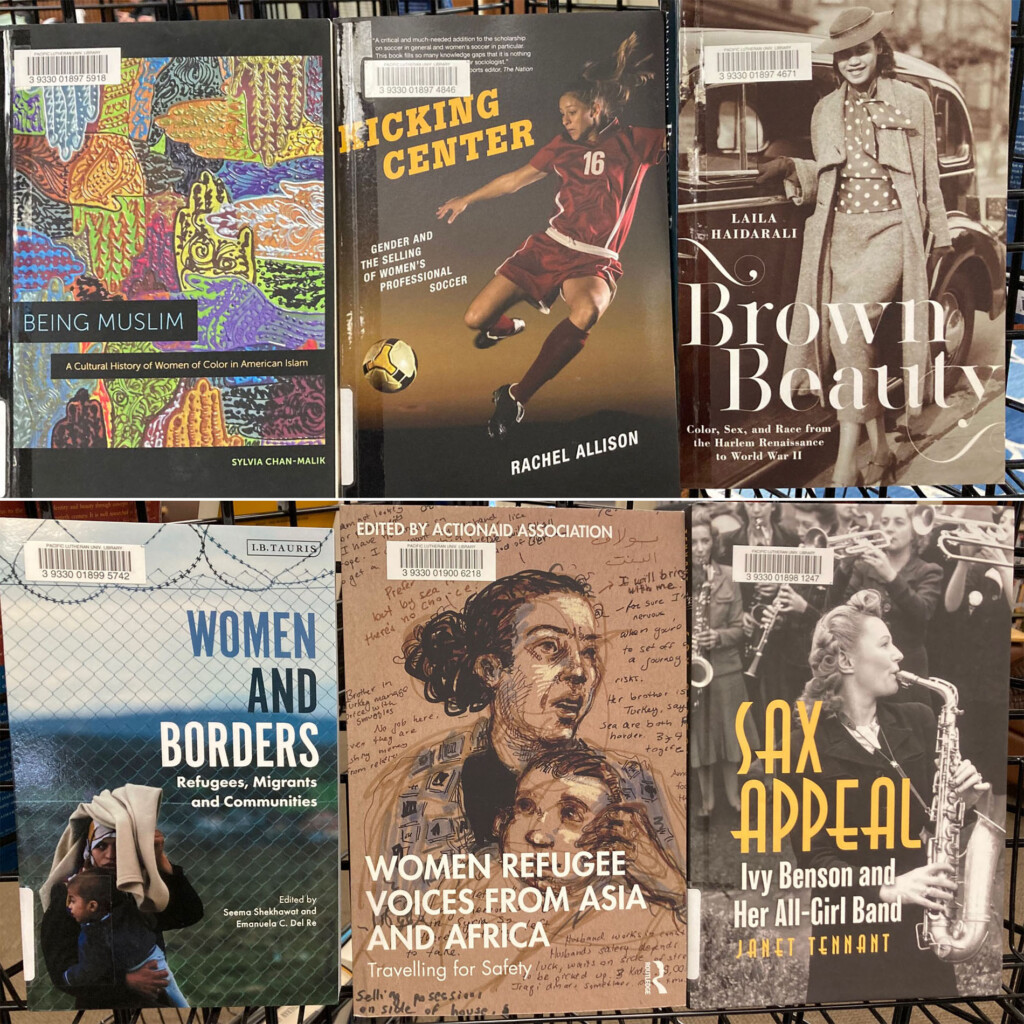
This exhibit includes a selection of the library’s print books about women published within the past five years. The books cover a wide variety of issues affecting women’s lives, cultural contexts, political work, artistic achievements, and other issues. The library has an additional 383 e-books…
celebrate Women’s History Month by “commemorating and encouraging the study, observance and celebration of the vital role of women in American history.” (https://www.womenshistorymonth.gov/). List of books on display: Hearts of Our People : Native Women Artists Kicking Center : Gender and the Selling of Women’s Professional Soccer Jewish Radical Feminism : Voices from the Women’s Liberation Movement Contemporary Black Women Filmmakers and the Art of Resistance Being Muslim : a Cultural History of Women
-

This school year concludes amidst global disruption. The COVID-19 pandemic changed nearly everyone’s life, and far too many of us are mourning losses in our families and friends, dealing with economic hardship, and still dealing with anxieties about what might come next. PLU’s curricular disruption…
Assistantship in Mexico. Philosophy major Bo Frohock was admitted to the Ph.D. program at the University of South Florida, where he’ll continue his capstone research on continental thought with a focus on Hannah Arendt. English major Madeline Scully is headed to the London School of Economics to complete a Master’s Degree in Gender, Peace and Security. Many other students are similarly planning on excellent graduate programs, internships, and jobs next year. We are proud of every single one of our graduates
-
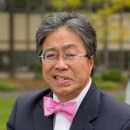
Professor of Psychology | Department of Psychology | moritsjn@plu.edu | I am a community psychologist and a clinical psychologist by training.
John N. Moritsugu Professor of Psychology Email: moritsjn@plu.edu Status:Emeritus Professional Biography Education Ph.D., Clinical Psychology, University of Rochester, N.Y., 1976 M.A., Clinical Psychology, University of Rochester, N.Y., 1975 B.A., Psychology, University of Hawai'i, 1971 Areas of Emphasis or Expertise Minority Status Stress American Asian Populations Books Lead author of Sixth Edition Community Psychology, with Elizabeth Vera, Frank Y. Wong and Karen Grover Duffy (Routlege 2019
Contact Information
Do you have any feedback for us? If so, feel free to use our Feedback Form.


